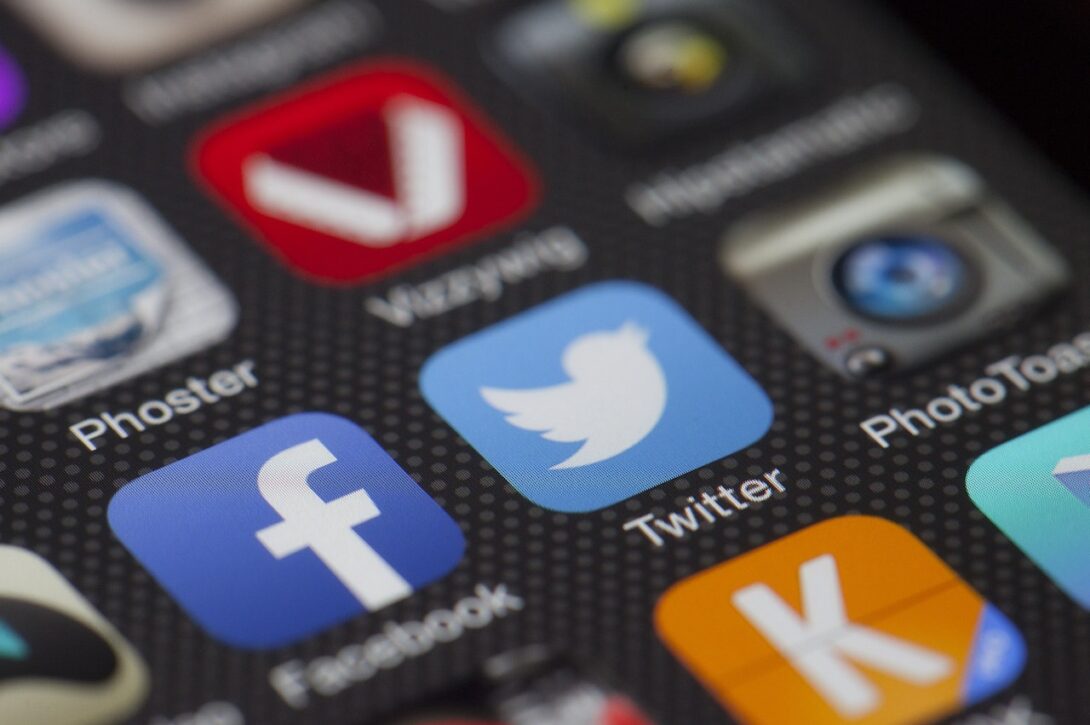Author: Anatoliy Gruzd
All topics
-

Political polarisation on social media: do birds of a feather flock together on Twitter?
Twitter’s connections tend to be less about strong social relationships and more about connecting with…
All topics

Twitter’s connections tend to be less about strong social relationships and more about connecting with…